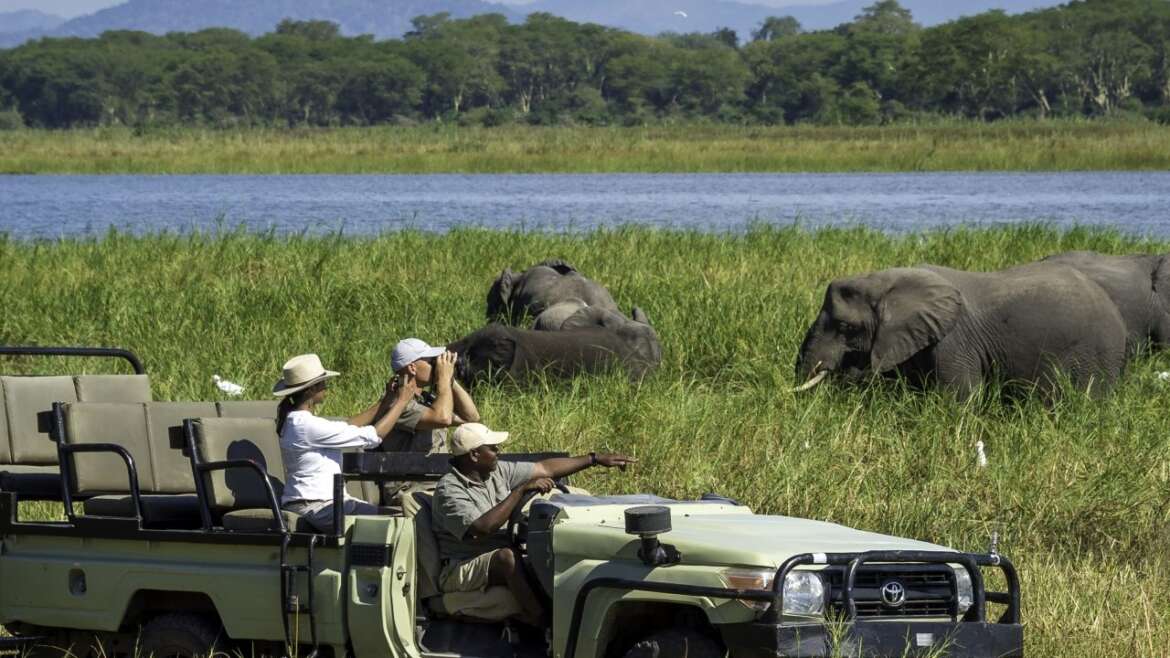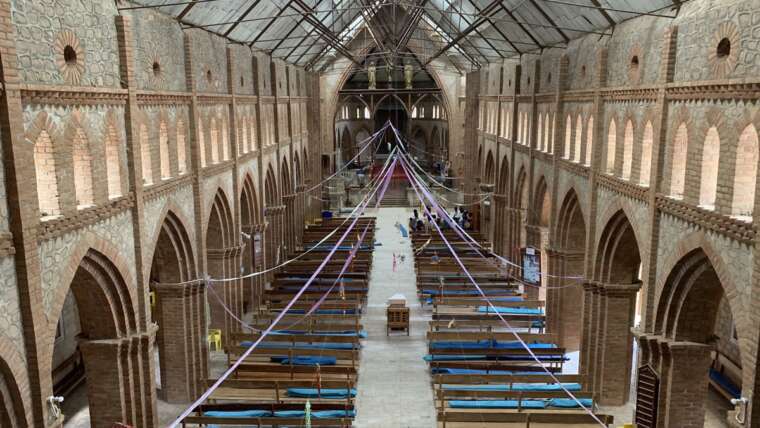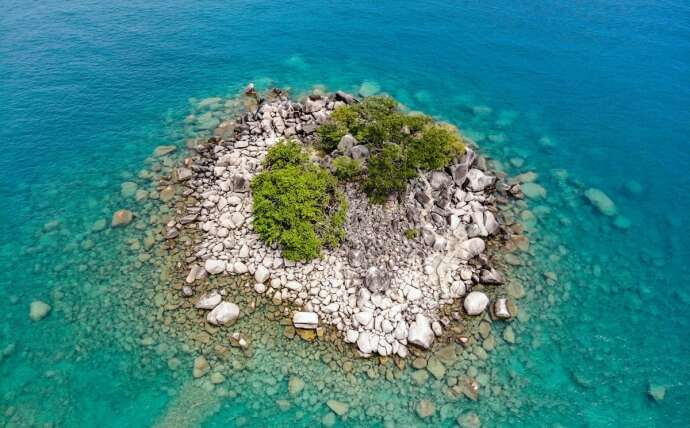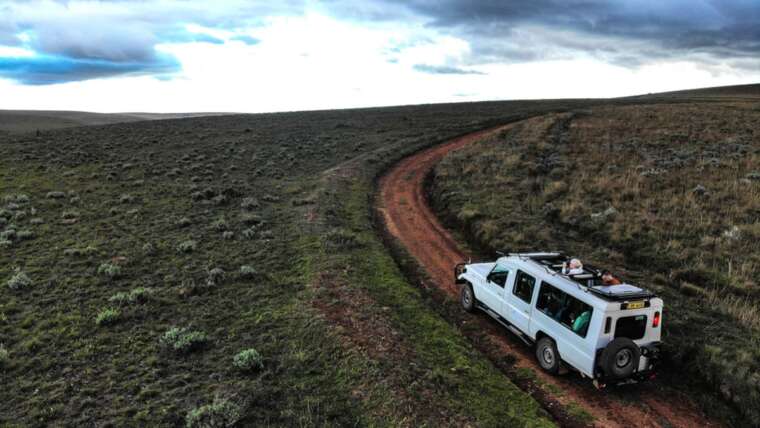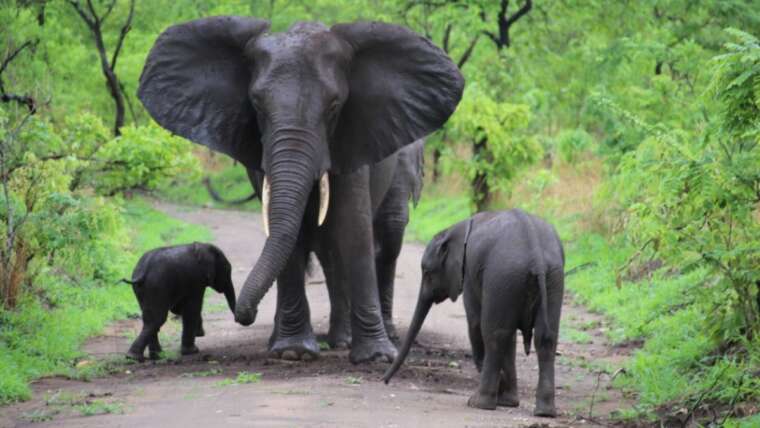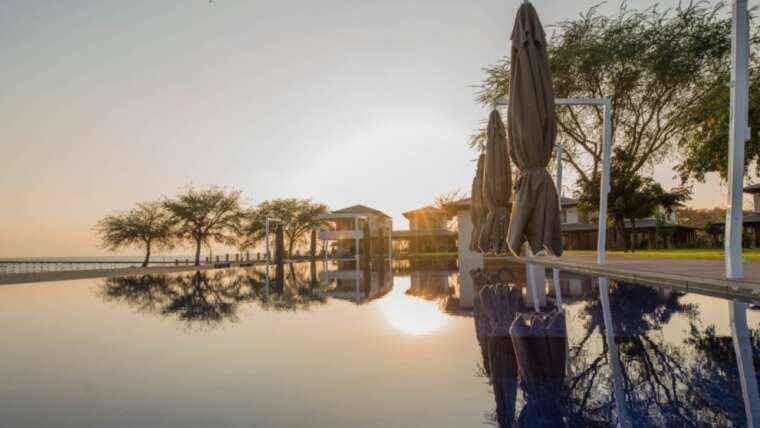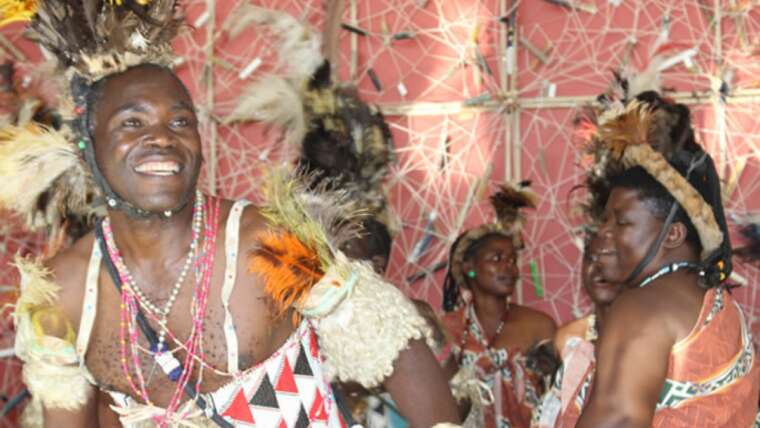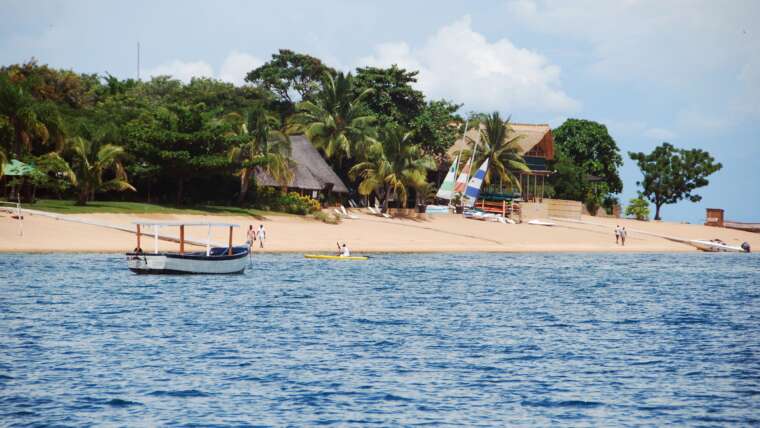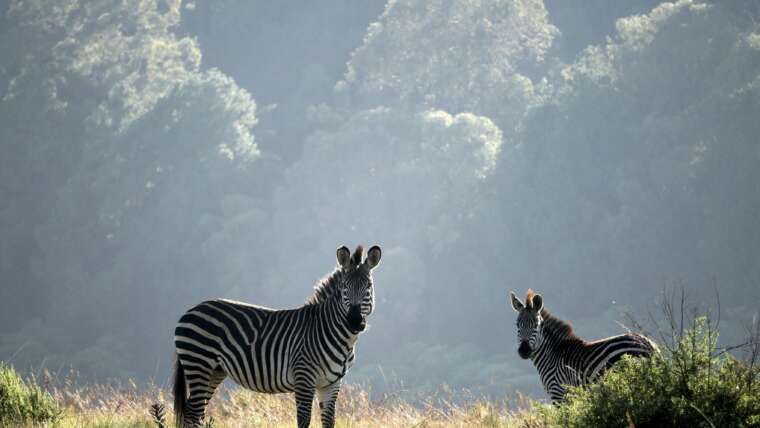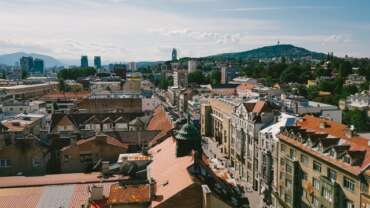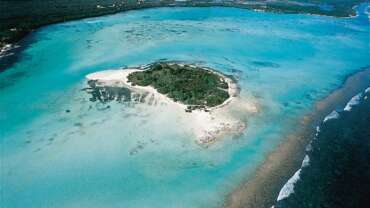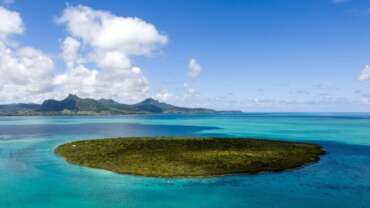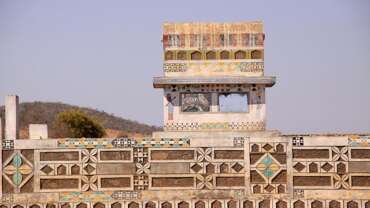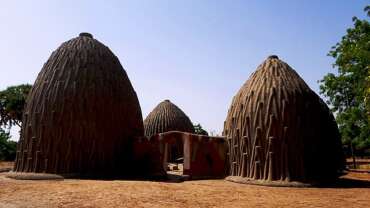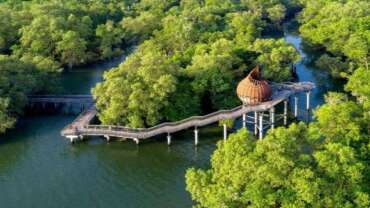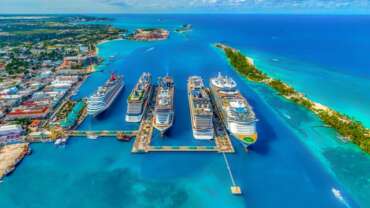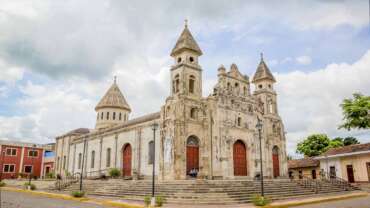Malawi - the warm heart of Africa
Malawi is beating faster now and the legendary welcome is there for all who wish to experience the unrivalled combination of Lake, Landscape, Wildlife & Culture in one of Africa’s most beautiful and compact countries.
Described as the ‘Warm Heart Of Africa’, this relatively little known gem of this diverse continent has so much to offer; wildlife, culture, adventure, scenery, and of course the third largest lake in Africa. A year-round destination, some even go as far to describe Malawi as the most attractive country in sub-Saharan Africa!
This may seem to be an extravagant claim for such a relatively small country but the truth lies in the unique combination of attractions that Malawi has to offer. Where else will you find such a genuinely warm welcome in a country at peace with itself? Where else can you experience such a diverse scenic kaleidoscope in such a small area? Here you have central Africa’s highest mountain, vast high plateaux with seemingly limitless views, forests and unspoilt game parks and, the jewel in the crown, Africa’s third largest and most beautiful lake – truly an inland sea.
History of Malawi
Early history
The paleontological record of human cultural artifacts in Malawi dates back more than 50,000 years, although known fossil remains of early Homo sapiens belong to the period between 8000 and 2000 BCE. These prehistoric forebears have affinities to the San people of southern Africa and were probably ancestral to the Twa and Fulani, whom Bantu-speaking peoples claimed to have found when they invaded the Malawi region between the 1st and 4th centuries CE. From then to about 1200 CE, Bantu settlement patterns spread, as did ironworking and the slash-and-burn method of cultivation. The identity of these early Bantu-speaking inhabitants is uncertain. According to oral tradition, names such as Kalimanjira, Katanga, and Zimba are associated with them.
With the arrival of another wave of Bantu-speaking peoples between the 13th and 15th centuries CE, the recorded history of the Malawi region began. These peoples migrated into the region from the north, and they interacted with and assimilated the earlier pre-Bantu and Bantu inhabitants. The descendants of these peoples maintained a rich oral history, and, from 1500, written records were kept in Portuguese and English.
Among the notable accomplishments of the last group of Bantu immigrants was the creation of political states, or the introduction of centralized systems of government. They established the Maravi Confederacy about 1480. During the 16th century the confederacy encompassed the greater part of what is now central and southern Malawi, and, at the height of its influence, in the 17th century, its system of government affected peoples in the adjacent areas of present-day Zambia and Mozambique. North of the Maravi territory, the Ngonde founded a kingdom about 1600. In the 18th century a group of immigrants from the eastern side of Lake Malawi created the Chikulamayembe state to the south of the Ngonde.
The precolonial period witnessed other important developments. In the 18th and 19th centuries, better and more productive agricultural practices were adopted. In some parts of the Malawi region, shifting cultivation of indigenous varieties of millet and sorghum began to give way to more intensive cultivation of crops with a higher carbohydrate content, such as corn (maize), cassava (manioc), and rice.
The independent growth of indigenous governments and improved economic systems was severely disturbed by the development of the slave trade in the late 18th century and by the arrival of foreign intruders in the late 19th century. The slave trade in Malawi increased dramatically between 1790 and 1860 because of the growing demand for slaves on Africa’s east coast.
Swahili-speaking people from the east coast and the Ngoni and Yao peoples entered the Malawi region between 1830 and 1860 as traders or as armed refugees fleeing the Zulu states to the south. All of them eventually created spheres of influence within which they became the dominant ruling class. The Swahili speakers and the Yao also played a major role in the slave trade.
Islam spread into Malawi from the east coast. It was first introduced at Nkhotakota by the ruling Swahili-speaking slave traders, the Jumbe, in the 1860s. Traders returning from the coast in the 1870s and ’80s brought Islam to the Yao of the Shire Highlands. Christianity was introduced in the 1860s by David Livingstone and by other Scottish missionaries who came to Malawi after Livingstone’s death in 1873. Missionaries of the Dutch Reformed Church of South Africa and the White Fathers of the Roman Catholic Church arrived between 1880 and 1910.
Christianity owed its success to the protection given to the missionaries by the colonial government, which the British established after occupying the Malawi region in the 1880s and ’90s. British colonial authority was welcomed by the missionaries and some African societies but was strongly resisted by the Yao, Chewa, and others.
Colonial rule
In 1891 the British established the Nyasaland Districts Protectorate, which was called the British Central Africa Protectorate from 1893 and Nyasaland from 1907. Under the colonial regime, roads and railways were built, and the cultivation of cash crops by European settlers was introduced. On the other hand, the colonial administration did little to enhance the welfare of the African majority, because of commitment to the interests of European settlers. It failed to develop African agriculture, and many able-bodied men migrated to neighbouring countries to seek employment. Furthermore, between 1951 and 1953 the colonial government decided to join the colonies of Southern and Northern Rhodesia and Nyasaland in the Federation of Rhodesia and Nyasaland, against bitter opposition from their African inhabitants.
These negative features of colonial rule prompted the rise of a nationalist movement. From its humble beginnings during the period between the World Wars, African nationalism gathered momentum in the early 1950s. Of special impetus was the imposition of the federation, which nationalists feared as an extension of colonial power. The full force of nationalism as an instrument of change became evident after 1958 under the leadership of Hastings Kamuzu Banda, who had returned to the country that year after having been abroad to study and practice medicine. The federation was dissolved in 1963, and Malawi became independent as a member of the Commonwealth of Nations on July 6, 1964.
People of Malawi
Ethnic groups and languages
Ten major ethnic groups are historically associated with modern Malawi—the Chewa, Nyanja, Lomwe, Yao, Tumbuka, Sena, Tonga, Ngoni, Ngonde, and the Lambya/Nyiha. All the African languages spoken are Bantu languages. From 1968 to 1994, Chewa was the only national language; it is now one of the numerous languages used in print and broadcast media and is spoken by a majority of the population. In 1996 government policy indicated that education in grades 1–4 would be provided in the students’ mother tongue or vernacular language; from grade 5, the medium of instruction would be English, which, though understood by less than one-fifth of the population at independence in 1964, continues to be used widely in business, administrative and judicial matters, higher education, and elsewhere. Other major languages include Lomwe, Yao, and Tumbuka.
Religion
Some three-fourths of the population is Christian, of which the majority are members of independent Christian or various Protestant denominations and the remainder are Roman Catholic. Muslims constitute about one-fifth of the population. Traditional beliefs are adhered to by a small proportion of the population.
Cultural Life of Malawi
Daily life and social customs
Many Malawians observe holidays celebrated by Christian societies throughout the world, including Easter and Christmas. Holidays celebrated by the Muslim community—including ʿĪd al-Fiṭr, which marks the end of Ramadan, and ʿĪd al-Aḍḥā, which marks the culmination of the hajj—are governed by the lunar calendar. In addition to these, other holidays include John Chilembwe Day on January 15, in honour of the missionary who was a forerunner of Malawian nationalism; Martyrs’ Day on March 3, commemorating those who lost their lives in a 1959 uprising against the British colonial administration; Freedom Day on June 14, in honour of the many Malawians who struggled for the country’s transition to a multiparty democracy during the early 1990s; Republic Day on July 6, commemorating Malawian independence; Labour Day on May 1; and Mother’s Day, which is celebrated in October.
The arts
Various traditional arts and crafts, including sculpture in wood and ivory, form part of Malawi’s material and aesthetic culture. A variety of musical forms, both local and international, are also important. One of the most distinctive features of Malawian culture is the enormous variety of traditional songs and dances that feature the drum as the major musical instrument. Among the most notable of these dances are ingoma and gule wa mkulu, performed by men, and chimtali and visekese, performed by women.
Through domestic broadcasts and international broadcasts received by way of shortwave radio, Malawians—especially those of the younger generations—have always been part of world pop culture and enjoy many international musical artists. Western popular music forms a major repertoire on local radio. It is associated with the more modern urban nightclubs, and most town-based local artists play it rather than music with a strictly African-sounding beat. African styles of pop music are also very popular among all ages in Malawi, however, and, because of strong historical ties with South Africa, township music such as mbaqanga has always occupied a significant place in the Malawian musical culture. Equally notable is the popularity of Congolese music (a mixture of traditional African rhythms and instruments and those borrowed from other cultures), which, along with mbaqanga, tends to be played in both villages and bars in the urban centres.
Cultural institutions
Important artifacts of Malawian history, art, and culture are preserved in the country’s museums, including the Malawi Museum, also known as the Chichiri Museum, in Blantyre; the Lake Malawi Museum, which displays ethnographic and historical exhibits, in Mangochi; the Cultural Museum Center, which features items of natural and cultural significance, in Karonga; and the Chamare Museum at Mua Catholic Mission, which specializes in arts and crafts and has training facilities for prospective sculptors. In addition, Malawian cultural expression is also preserved in situ at such locations as the Chongoni rock-art area (designated a UNESCO World Heritage site in 2006), where more than 100 sites feature rock paintings by agriculturalists and hunter-gatherers, the oldest of which may date back to the 6th century BCE.
The Malawi National Dance Troupe (formerly the Kwacha Cultural Troupe), formed in 1987, works to preserve the performing arts culture of various ethnic groups; the Chancellor College Travelling Theatre (affiliated with the University of Malawi), the Wakhumbata Theatre Ensemble, and other groups in Blantyre and Lilongwe have been an effective means of bringing traditional and modern plays to rural and urban populations.
Discover Malawi's Experiences
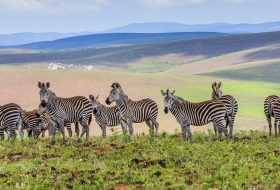
It is Malawi’s remarkable variety of experiences that is its greatest asset. Whilst Lake Malawi dominates the country, this is not a country of a singular experience. It is the mixture of beautiful Landscapes, fascinating Wildlife, the alluring Lake Malawi, and rich Culture that combine to make this small country such a wonderful place to visit. There are few countries in Africa that can offer this level of variety, and it comes in a small, easy to access and friendly destination – a real gem.



